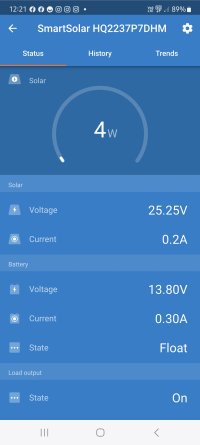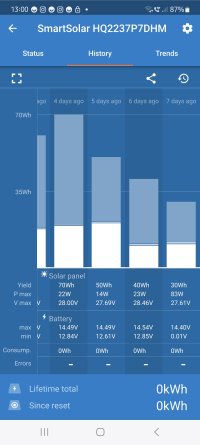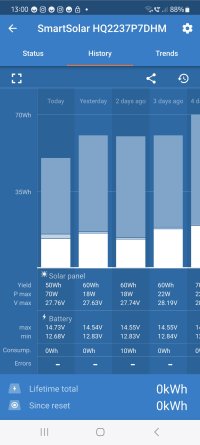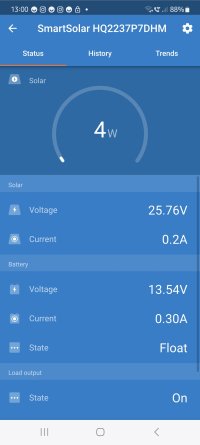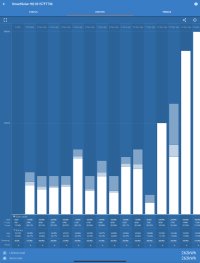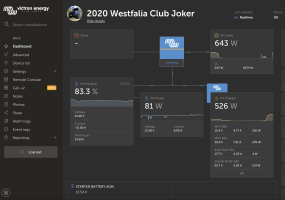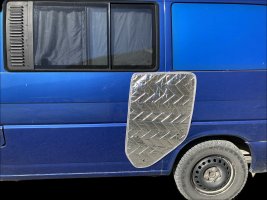Just been sourcing for a PV project at home. I realise some might not be concerned about ethical aspects, and this is maybe a bit tangential to the thread topic, but for those who have an interest...
From my internet research is turns out that pretty much all panels from Chinese manufacturers make use of at least some raw materials and processing context in the Xinjiang region where very credible evidence exists of massive-scale forced labour and other human rights abuses, and the PV industry in China has made particularly extensive use of the 'commercial opportunities' that affords.
An excellent investigative report by Sheffield Hallam univ in 2021 is absolutely damning:
https://www.shu.ac.uk/helena-kenned...h-and-projects/all-projects/in-broad-daylight
From that and other googling I've concluded that the only way you can be (fairly) confident of not buying 'exposure' to the human rights abuses in Xinjiang is to buy panels made by certain non-Chinese companies that have done a decent job of verifying their supply chains. One such is Meyer Burger, another is REC.
I don't know what options are available for van-sized panels but thought the above might be of interest at least to some folks.



